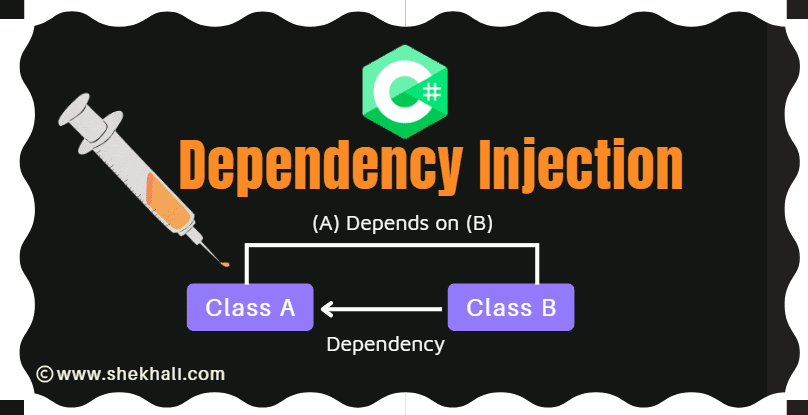Dependency Injection (DI) is a software design pattern that helps developers to build high-quality software.
It reduces tight coupling between software components and allows us to develop loosely-coupled code, which is easier to maintain and offers greater flexibility and testability.
The fundamental principle behind Dependency Injection is to minimize hard-coded dependencies among classes by dynamically injecting them during runtime instead of design time.
This approach ensures that the dependencies of a class are provided from external sources, typically through constructor parameters or property setters, rather than being directly instantiated within the class itself.
